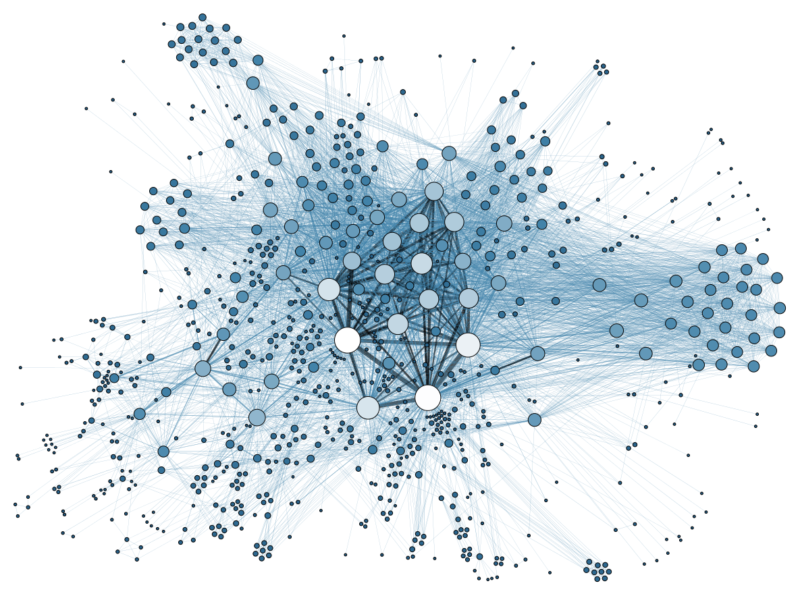
We are looking forward to continuing these discussions in our upcoming session on Thursday 22 April from 15-16h30h on Zoom. You will receive a separate email the day of the session with the link to the session.
For this April session, we will discuss text analysis with two “Under the Hood” sessions by Margherita Fantoli and Chris Tanasescu. Please note it is not required that you do any of the readings, these are just recommendations that will structure and stimulate the discussion on the day.
- In the first presentation Margherita will walk us through HyperbaseWeb, a text analytic software for documentary and statistical text exploration. See the following publications:
- Vanni, L., & Longrée, D. (2017, December). Analysing and visualizing textual data with Hyperbase Web Edition. In 4th Digital Humanities Austria (DHA 2017).
- Wiil, U. K. (1993). Experiences with hyperbase: A hypertext database supporting collaborative work. ACM SIGMOD Record, 22(4), 19-25.
- You can also check out the deep learning experiments that emerged from this work by visiting DeepText.
- In the second presentation Chris will discuss #GraphPoem: Coding in Python for Computationally Assembled Poetry Anthologies & Computational Poetry Translation.
- See the video on the Facebook page of #GraphPoem,
- You can also check out the talk “Closeness and betweenness centralities for multiplexes and their #GraphPoem applications”
- And the related publication: Tanasescu, C., Inkpen, D., Kesarwani, V., & Gamaarachchige, P. K. (2020). A-poetic Technology.# GraphPoem and the Social Function of Computational Performance. DH Benelux Journal, 37.
- And the blog post: “US” Poets Foreign Poets: A Computationally Assembled Anthology.
Should you want to do even further reading there is a review of born digital archives and quantitative text analysis from the perspective of history in the following article: Romein, C. A., Kemman, M., Birkholz, J. M., Baker, J., De Gruijter, M., Meroño Peñuela, A., Ries, T. & Scagliola, S. (2020). State of the field: digital history. History, 105(365), 291-312.
This session will include a coffee break component in smaller breakout groups, followed by the two presentations of 15 minutes in length and two separate breakout rooms to discuss the two presentations in greater depth. The coffee break is a great opportunity to meet some other researchers working in and around DH, as well as to share your own work. Come prepared by getting some links to your social media details and any projects you think the group might be interested in exploring (or that you would like some feedback on!)
If you know of other colleagues who would benefit from participating in our discussions, please ask them to register here as soon as possible.
Please let us know by responding to this email (julie.birkholz@ugent.be) if you have any further questions.
We are looking forward to seeing you online on Thursday 22 April at 15h!
Best wishes,
Julie & Merisa
Assistant Professor Julie M. Birkholz, Ghent University and KBR
Merisa Martinez, KU Leuven Libraries
Dr Demmy Verbeke, KU Leuven Libraries
